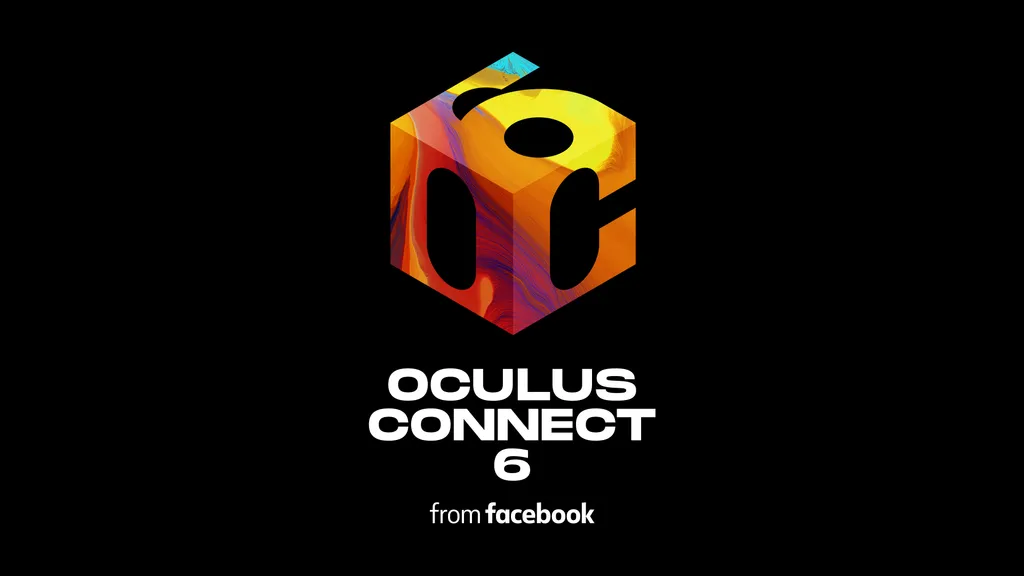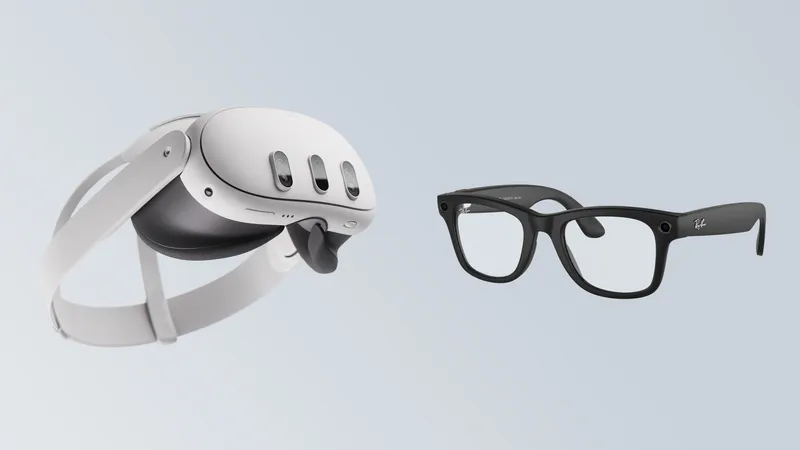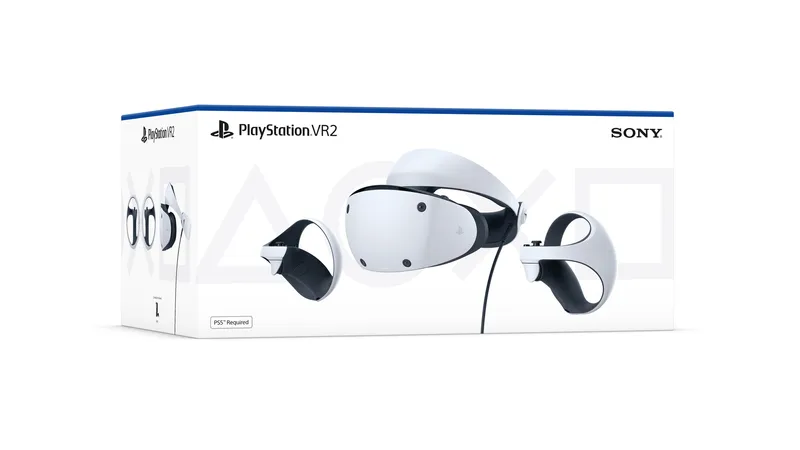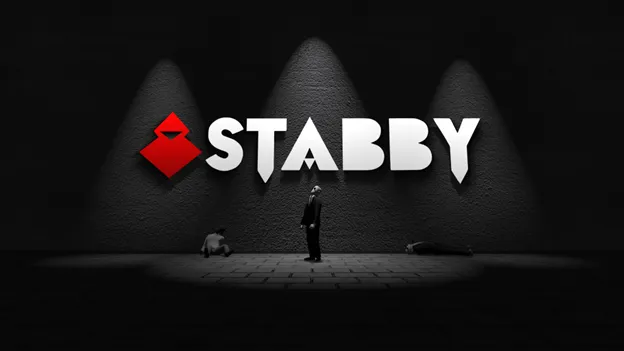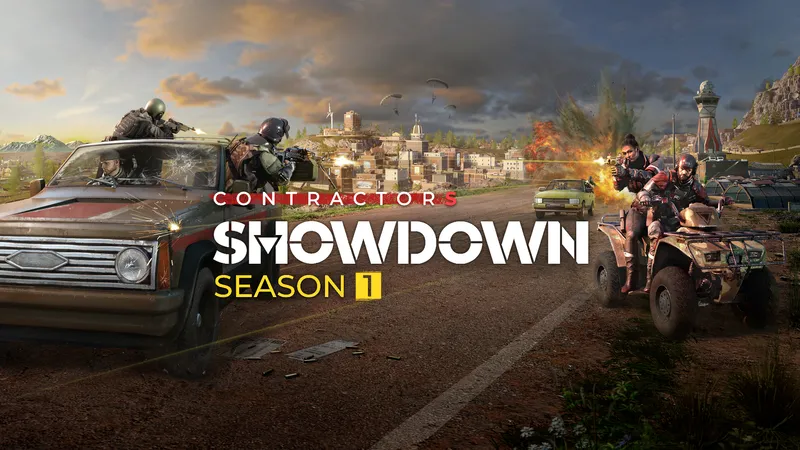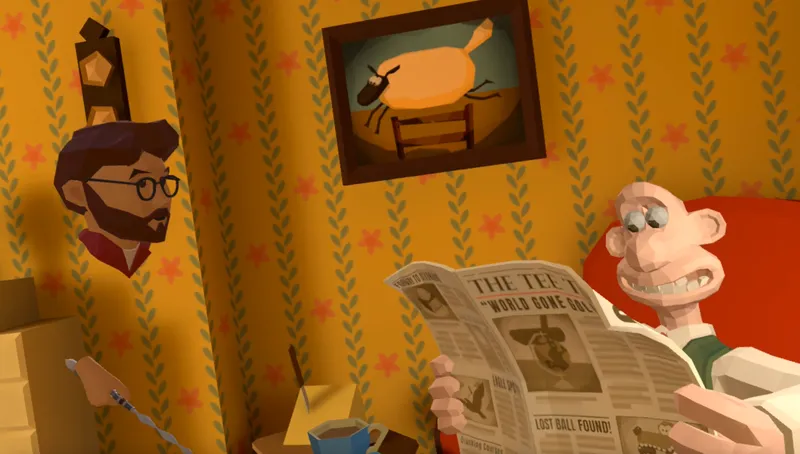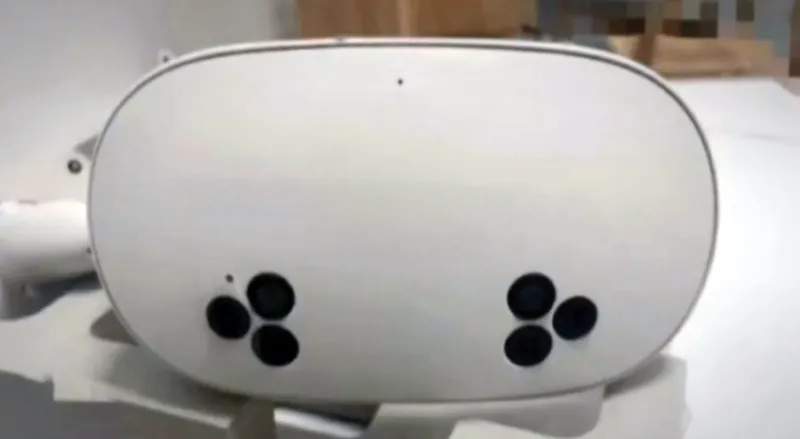NOTE: this article was originally published September 20.
Facebook’s annual VR/AR conference, Oculus Connect 6, starts on Wednesday. We’re making some guesses of what we expect to see announced.
Oculus Connect has been where Facebook announces most new Oculus hardware, software features, and major content.
At Oculus Connect 2 in late 2015, the consumer Gear VR was announced, as well as Minecraft for Rift and Gear VR.
At Oculus Connect 3 in late 2016, preorders and pricing were announced for the Oculus Touch motion controllers. Additionally, Mark Zuckerberg revealed that Oculus was working on a standalone headset with positional tracking (“Project Santa Cruz”)
At Oculus Connect 4 in late 2017, the Oculus Go $199 standalone headset was announced, with a release window of Spring 2018. The Oculus Rift’s price was permanently cut to $399. Additionally, Project Santa Cruz now had Touch controllers.
At Oculus Connect 5 in late 2018, the result of Project Santa Cruz was announced: Oculus Quest, a $399 room scale standalone headset releasing in Spring 2019.
Most of our editorial team have been following Oculus since before it was owned by Facebook- some even before its Kickstarter. Based on our experience, here are our guesses as to what could be the major announcements this year:
Ian’s Guess: Official PC Tethering For Quest
Last year at Oculus Connect 5 I came away so impressed by Oculus Quest it seemed possible to me Facebook was likely to have such a hit on its hands that it put the future of the PC-based “Rift Platform” in question. Seeing the word “Lenovo” slapped on the side of the Rift S earlier this year only reinforced that impression.
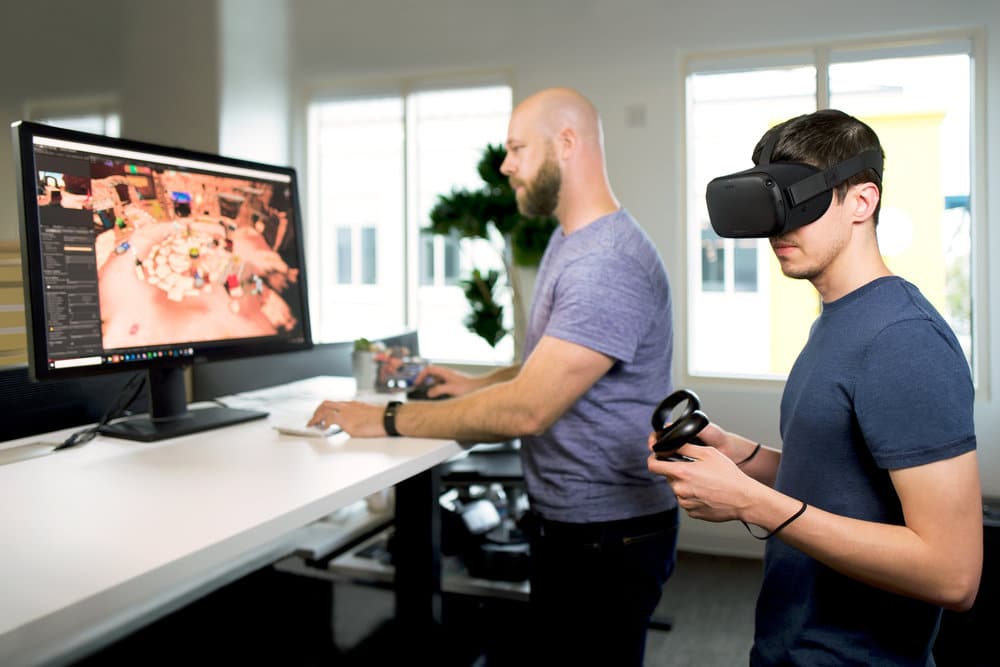
Connecting a USB-C cord to a VR PC from a Quest to bring over the Oculus Rift Platform seems like it could be distinct possibility from Facebook. Enough developers see the value in building or porting work directly to Oculus Quest — and Facebook will pay many more to build software for Quest too — so there should be no threat to Facebook’s fledgling new Quest content ecosystem by allowing some Rift content owners to turn a Quest into a Rift for its physical IPD fitting as well as games with more physics and less fixed foveated rendering in them. The question then? If Facebook embraces such a feature — lets call it “Experimental Rift Platform Support On Quest” in this hypothetical — will they try to keep fans of open competing platforms from trying to bring SteamVR content over that same connection?
David’s Guess: AAA Games & Bundles
For perhaps the first time ever, I think this could be an Oculus Connect that is almost entirely focused on software. There likely won’t be any new hardware announcements at all with the Rift S and Quest both just a few months old. Specifically, I think we will get official release dates for both Stormland and Asgard’s Wrath, which are slated for this year. Lone Echo 2 got delayed to early 2020, so we might get a month established there. Respawn originally announced their game was coming this year, but that was 2 years ago and things change, so like I posted in my predictions earlier this week, I think that will get delayed to 2020. I’m still expecting that to either be a World War II shooter or a modern military shooter that takes place in the Middle East.
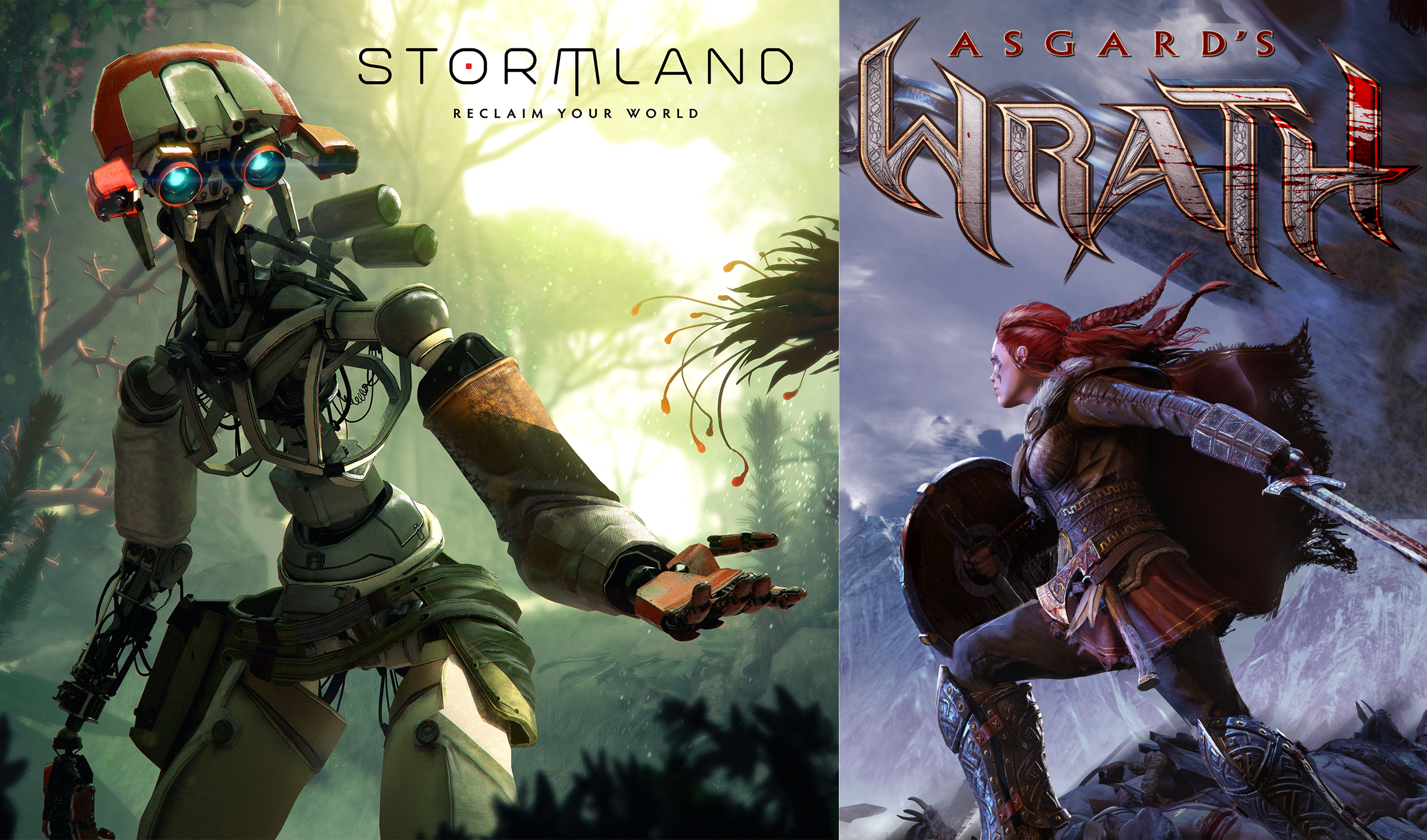
To further emphasize the focus on software I think both Quest and Rift S will get new bundles announced. Probably an Asgard’s Wrath bundle for Rift S I would assume and probably Beat Saber plus something else for Quest. We’re still waiting on a date for The Climb as well, which Crytek told us was still in development last we spoke to them. We’re also waiting on Echo Arena for Quest and Onward as well.
Finally, my relatively random prediction/guess is that Lone Echo 1 and Lone Echo 2 will have Quest ports announced at OC6.
Jamie’s Guess: Facebook Buys A Game Studio
I was tempted to pick the announcement of Splinter Cell VR but at this point that feels a little too easy. Instead, let’s talk about another element of the rumor that first teased that project’s existence; Oculus acquiring game studios. Not partnering or simply publishing, full on ownership of game development companies. To me, it would make sense that the Oculus looks to its existing stable of Studios partners.
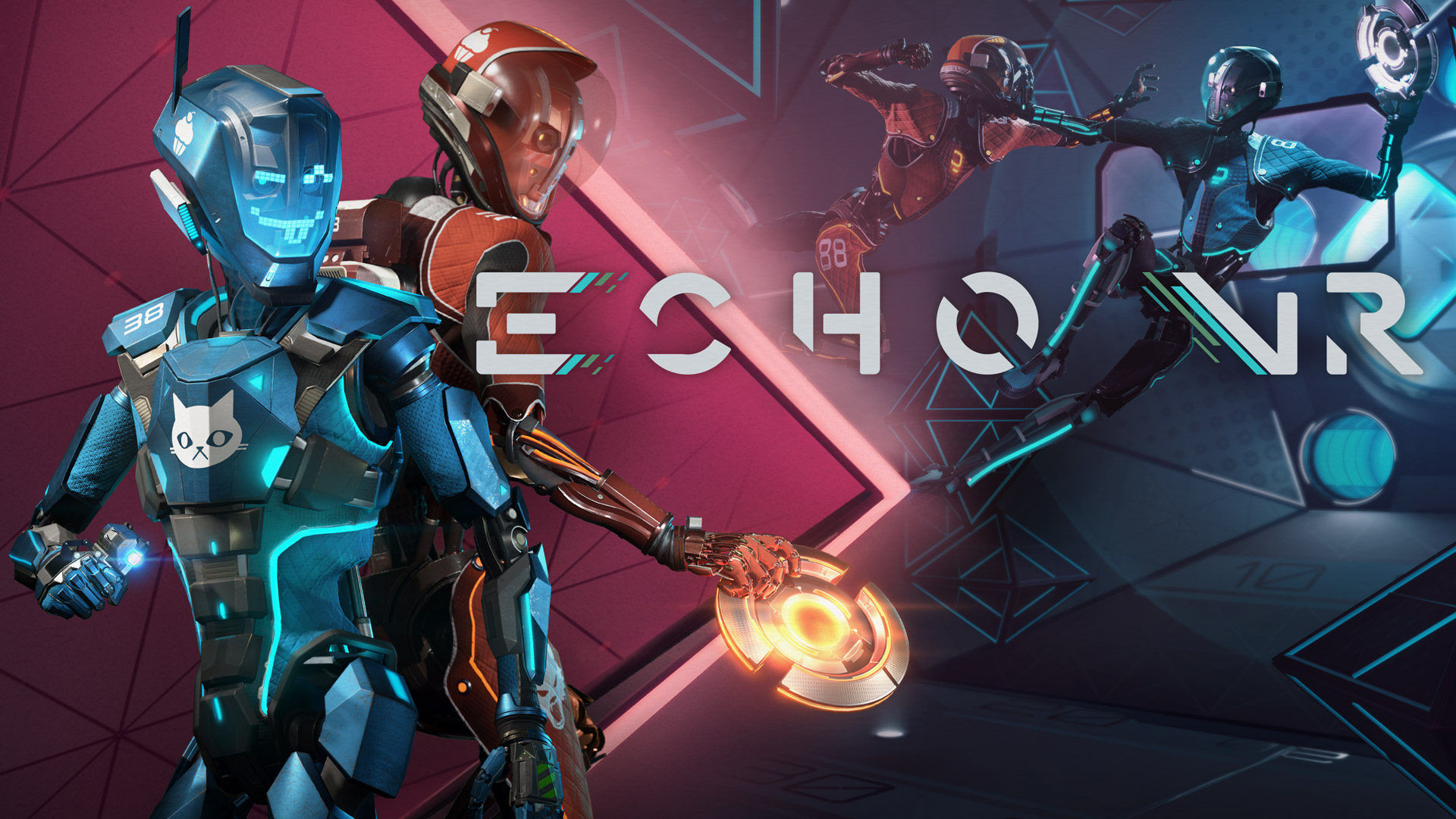
Sony just stole Insomniac Games out of that fold; Oculus would be wise to secure a bigger name behind one of its bigger exclusives. I think we’ll see news that someone has been bought up. As for who that is? An optimistic guess points me towards Ready at Dawn, the developer of Lone Echo. But we don’t know the scale of Facebook’s ownership ambitions; a smaller purchase like Hidden Path Entertainment or Twisted Pixel might be a more realistic expectation.
Heaney’s Guess: A Unified Social VR Offering
Facebook’s social VR offering is curently entirely fragmented. If three friends own an Oculus Rift, Oculus Quest, and Oculus Go, there is no first party social app any of them can use to hang out together. Go has Oculus Rooms, Rift has Oculus Home and Facebook Spaces, and Quest has none of the above. Given Facebook’s near-monopoly on social networking and messaging, this is a bizzare situation to be in.
There are multiple paths Facebook could take to rectify this situation, each with its own advantages and tradeoffs. Facebook Spaces never left Early Access, and updates have slowed recently suggesting that it’s no longer under active development. Oculus Rooms would be a great system to allow all three headsets to hang out together, but customization is limited and is designed around the seated experience only.
![]()
Oculus Home is by far the company’s most fleshed out offering. Users can use hundreds of objects, or custom 3D models, to fully customize their home for friends to visit. Recent updates have even added the ability to create public homes with custom environment models and name these spaces- making it almost a “VRChat Lite”. These updates suggest to me that Home will become the basis for Facebook’s metaverse.
However, the exact path to bringing Home to mobile seems unclear. It uses a high detail Unreal Engine based rendering system which may be difficult or impossible to bring to mobile headsets, especially given the lighting can’t be baked and users can have hundreds of objects per space.
Kyle’s Guess: An AR Headset Prototype
Facebook’s initial tagline for OC6 included “a new chapter of virtual and augmented reality“. I think this year’s Oculus Connect will give Facebook Reality Labs an opportunity to showcase some of their latest future tech, which will almost definitely include their vision for an augmented reality headset.
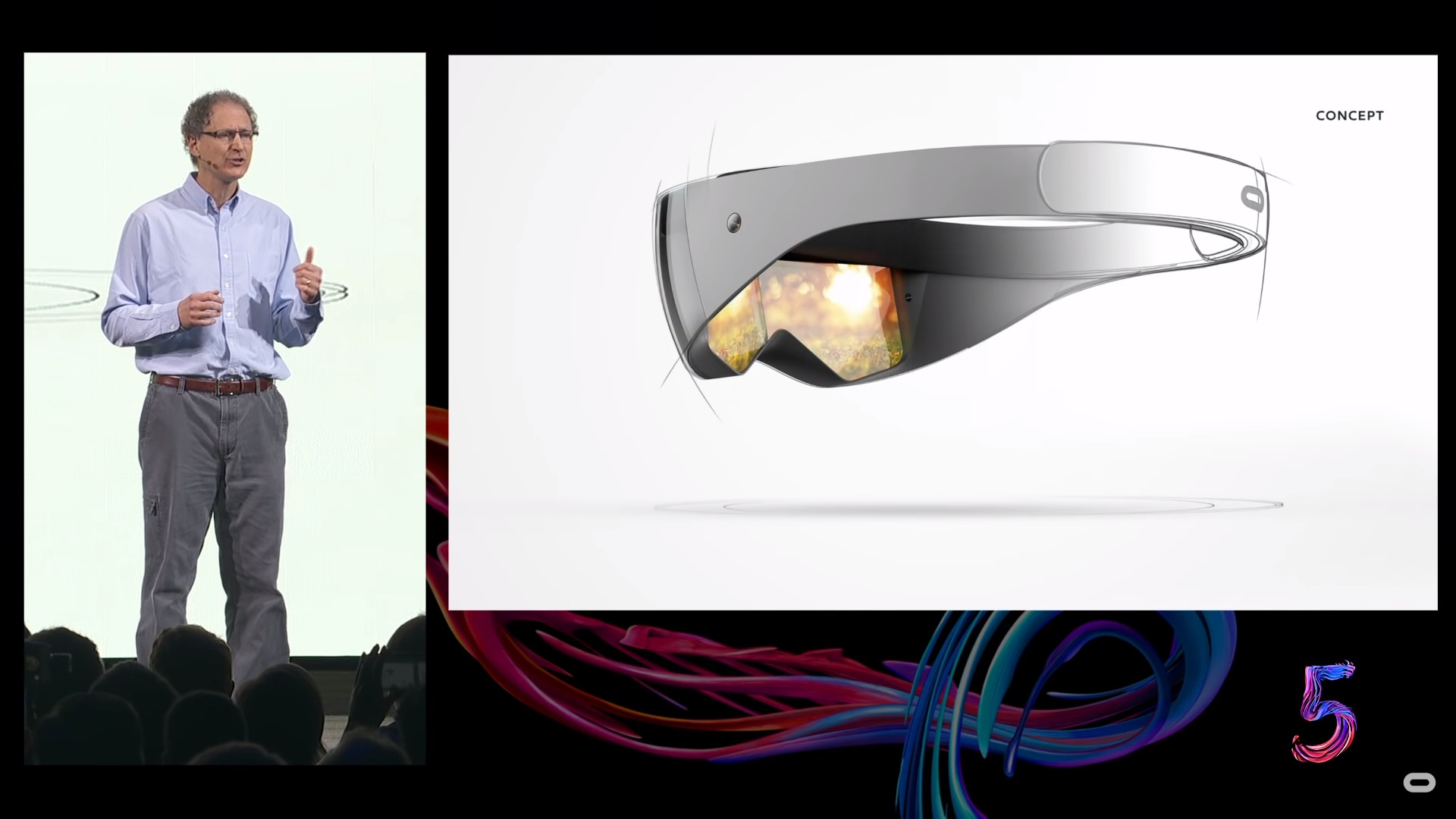
With Apple’s highly anticipated foray into AR being tentatively planned for release next year, it would make sense for Facebook to share more details on their own journey into the augmented realm. While I doubt any hardware will make a physical appearance, I do expect plenty of concepts and a prototype video to make their way into the keynote.

